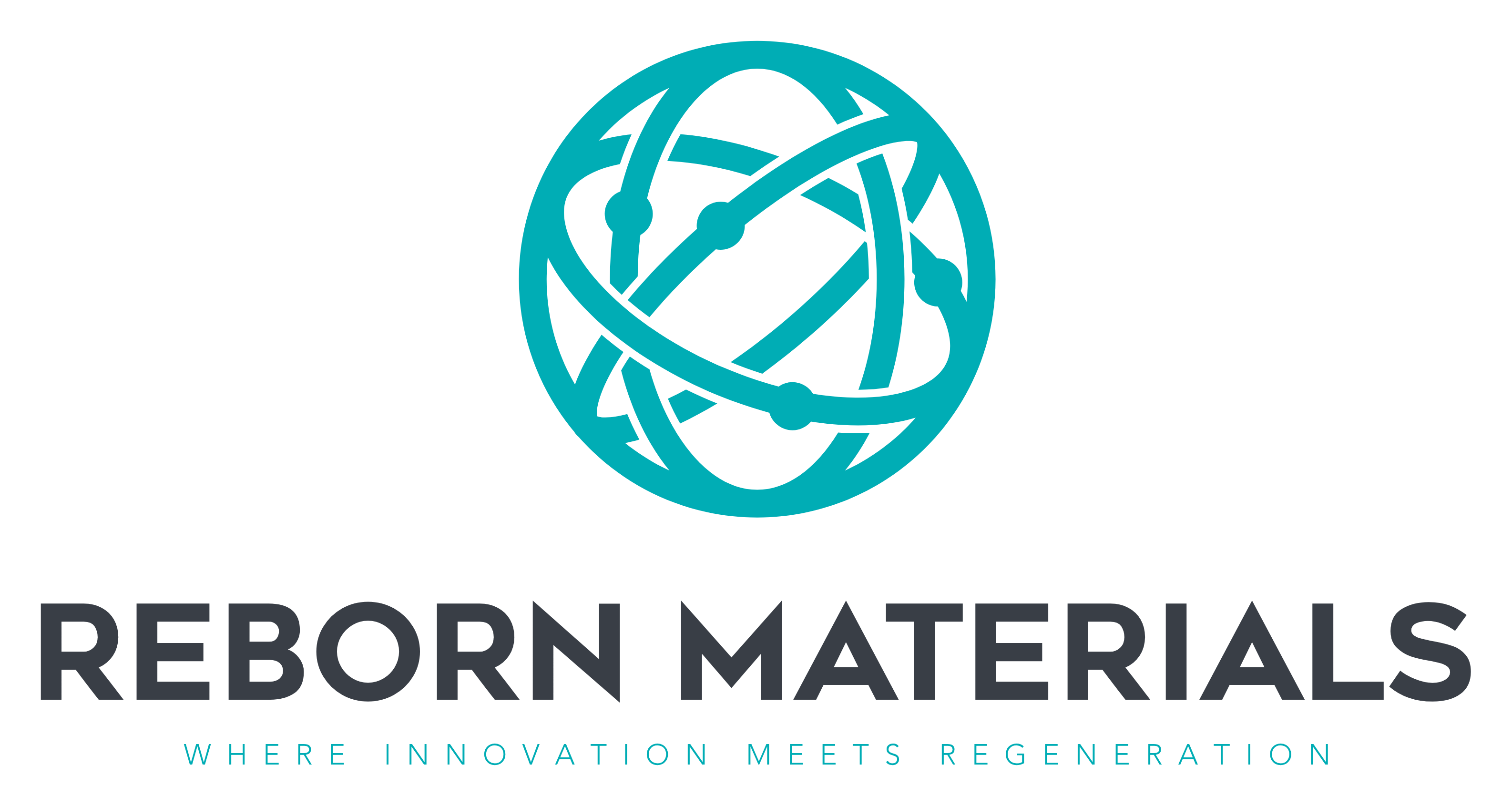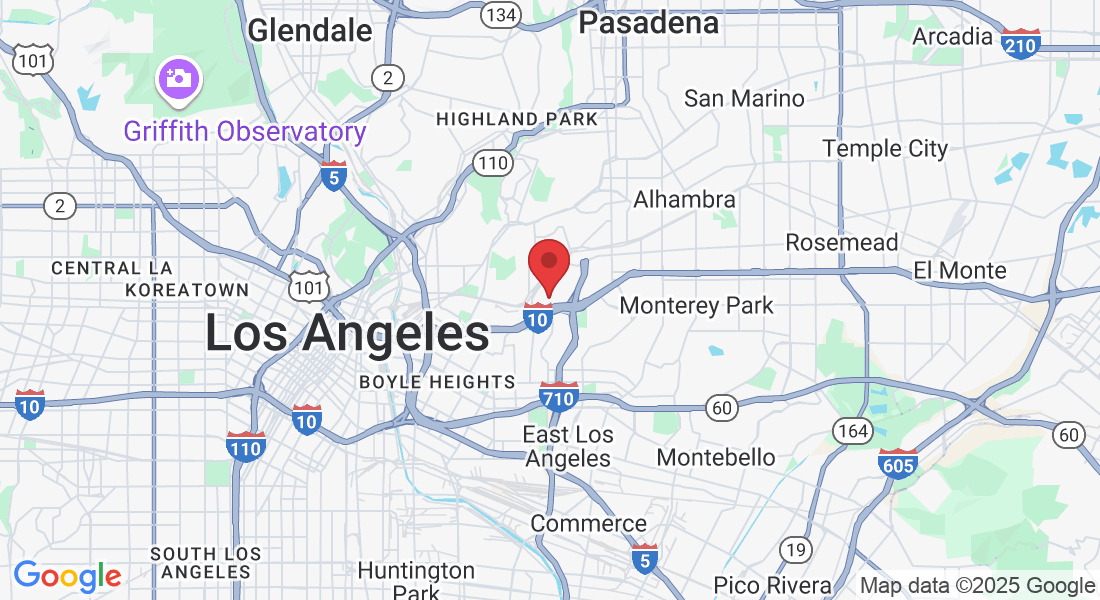Frequently Asked
Questions
FAQS
What is Reborn Material Inc. all about?
Reborn Material Inc. is dedicated to transforming waste into valuable resources through innovative enzyme technology, intelligent waste management, and sustainable material development. Our mission is to lead the shift toward a circular and regenerative economy.
What industries does Reborn Material service?
We work with a diverse range of industries including packaging, agriculture, manufacturing, and more. Our solutions are tailored to businesses looking to enhance their sustainability efforts and embrace regenerative practices.
How can I partner with Reborn Material Inc.?
We welcome partnerships with organizations, businesses, and research institutions. Reach out through our contact page or email us directly to explore potential collaborations.
What is your vision for the future?
Our vision is to create a world where waste is no longer a problem, but a resource that regenerates our planet. We are committed to continuous innovation, responsible stewardship, and building a sustainable future for generations to come.
How does Reborn Material contribute to the circular economy?
We contribute by developing materials and processes that close the loop on waste. Our solutions include enzyme-based degradation, smart waste management, and creating products that naturally reintegrate into the environment.
What is enzyme-based plastic degradation, and how does it work?
Enzyme-based plastic degradation embeds specific enzymes into plastics, breaking them down at the molecular level and enabling microorganisms to digest them, reducing environmental impact.
What is nano-encapsulation technology, and why is it important?
Nano-encapsulation involves coating enzymes with protective nano-capsules, ensuring their stability during high-heat manufacturing processes and effective biodegradation in natural conditions.
How do your smart waste management systems work?
Our smart waste management systems use advanced sorting technologies, intelligent sensors, and algorithms to efficiently sort waste materials, maximizing recovery and minimizing contamination.
How are your biodegradable materials different from traditional plastics?
Our biodegradable materials contain embedded enzymes that enable them to break down naturally in soil or compost environments, unlike traditional plastics that persist for decades or centuries.
What are the applications of your enzyme technology?
Our enzyme technology can be applied to various materials like packaging films, agricultural mulch, and single-use plastics, enhancing their biodegradability and reducing environmental impact.
How does Reborn Material ensure the durability of biodegradable materials?
We use nano-encapsulation to protect enzymes during manufacturing, maintaining material durability while enabling effective biodegradation in suitable conditions.
How does Reborn Material support environmental sustainability?
We design solutions that transform waste into resources, promote renewable cycles, and reduce the environmental footprint of plastics and other materials.
How do you measure the environmental impact of your technologies?
We conduct life cycle assessments (LCA) and collaborate with independent research institutions to evaluate the effectiveness and sustainability of our technologies.
What is the difference between traditional recycling and Reborn Material’s approach?
Traditional recycling focuses on reprocessing waste into new products, while Reborn Material’s approach emphasizes creating materials that regenerate naturally and integrating circular practices.
How does Reborn Material align with global sustainability goals?
Our initiatives align with global sustainability frameworks like the UN Sustainable Development Goals (SDGs) by promoting responsible production, waste reduction, and environmental restoration.
What makes Reborn Material innovative?
We blend advanced enzyme technologies, smart waste management, and sustainable material design to address global waste challenges and drive the shift toward a regenerative economy.
How does Reborn Material stay ahead of technological advancements?
We invest in R&D, partner with universities and industry leaders, and continuously explore emerging technologies to refine and expand our solutions.
What role does artificial intelligence (AI) play in your solutions?
AI is integrated into our smart waste management systems, enabling efficient sorting and processing of materials to optimize resource recovery and reduce contamination.
How does Reborn Material approach research and development (R&D)?
Our R&D strategy involves collaborative projects with academic institutions, cross-industry partnerships, and an agile approach to testing and refining new technologies.
What is Reborn Material’s commitment to innovation and renewal?
We are committed to redefining how waste is managed and materials are made, focusing on continuous improvement and exploring new frontiers in sustainability and regeneration.
How does Reborn Material work with clients to achieve sustainability goals?
We collaborate closely with clients to develop tailored strategies and solutions that integrate sustainability, maximize resource efficiency, and achieve circular outcomes.Lorem ipsum dolor sit amet, consectetur adipisicing elit. Autem dolore, alias, numquam enim ab voluptate id quam harum ducimus cupiditate similique quisquam et deserunt, recusandae.
Can Reborn Material help my company transition to more sustainable practices?
Yes. We offer consulting services and R&D collaborations to support businesses in transitioning to circular and regenerative practices.
What types of partnerships does Reborn Material pursue?
We seek partnerships with like-minded organizations, research institutions, and industry leaders to co-develop technologies, share knowledge, and drive impactful change.
How does Reborn Material measure its social and environmental impact?
We use key performance indicators (KPIs) aligned with sustainability standards, track progress on our environmental footprint, and regularly assess the impact of our solutions.
What is the ultimate goal of Reborn Material?
Our ultimate goal is to create a world where waste is no longer a problem but an opportunity for renewal. We aim to lead the way in building a circular and regenerative economy that benefits people and the planet.
What is Reborn Material Inc.?
Reborn Materials Inc. is an innovative sustainability company dedicated to transforming plastic waste into valuable resources using proprietary enzyme-based technology, AI-driven smart waste management systems, and pioneering sustainable materials. Our goal is to enable businesses and communities to achieve real-world circularity and drive meaningful progress toward a regenerative future.
What industries does Reborn Material service?
Reborn Materials collaborates with diverse sectors including agriculture, packaging, manufacturing, retail, consumer goods, and waste management. We deliver tailored solutions enabling businesses to significantly advance sustainability and regenerative practices.
How can I partner with Reborn Material Inc.?
We welcome strategic partnerships with businesses, research institutions, and innovators committed to sustainability. Contact our team directly through our website to explore collaboration opportunities.
What is your vision for the future?
Our vision is to lead the global shift towards a truly circular economy, transforming plastics from environmental challenges into valuable resources using innovative enzyme solutions, smart waste management, and advanced sustainable technologies.
How does Reborn Material contribute to the circular economy?
Reborn Materials facilitates genuine circularity through proprietary enzyme technologies that enable controlled microbial interaction with plastics, smart waste management systems for real-time data integration, and solutions purposefully designed for effective environmental integration.
What is enzyme-based plastic degradation, and how does it work?
Our enzyme-based technology utilizes specialized, engineered enzymes to facilitate interaction between plastics and natural microbial processes. This enables plastics to integrate predictably into environmental cycles, aligning with our "Design to Expire" strategy.
What is nano-encapsulation technology, and why is it important?
Nano-encapsulation is our proprietary method of stabilizing enzymes, ensuring robust performance under diverse and extreme industrial conditions. This technology significantly expands the real-world applicability and reliability of enzyme additives.
How do your smart waste management systems work?
Our AI-powered smart waste management solutions utilize real-time monitoring, data collection, and analytics to optimize waste sorting and recycling processes. Integrated with sustainability incentives, these systems promote efficient resource recovery and circularity.
How is your technology different from traditional plastics?
Unlike conventional plastics, Reborn Materials' technology intentionally designs plastics for predictable environmental interaction through proprietary enzyme solutions and surface modifications, ensuring enhanced sustainability, traceability, and measurable integration into microbial cycles.
What are the applications of your enzyme technology?
Our enzyme technology is versatile, applicable in sectors like packaging, agriculture, consumer products, textiles, and manufacturing, enabling plastics to responsibly integrate into environmental cycles.
How does Reborn Material ensure the durability of Live Plastic materials?
We utilize proprietary nano-encapsulation technology and engineered enzymes, designed for stability and durability under diverse industrial and environmental conditions without compromising their intended environmental integration.
How does Reborn Material support environmental sustainability?
By transforming plastics into environmentally compatible materials and leveraging smart waste management, we actively reduce environmental impacts, drive resource efficiency, and support genuine circularity.
How do you measure the environmental impact of your technologies?
We conduct rigorous lifecycle assessments (LCAs) and collaborate with independent research institutions to quantify and transparently communicate the environmental benefits and integration of our solutions.
What is the difference between traditional recycling and Reborn Material’s approach?
Traditional recycling focuses primarily on mechanical processing and reuse. In contrast, Reborn Materials designs plastics intentionally for environmental integration, using engineered enzymes to facilitate predictable and efficient microbial interactions, aligning closely with natural processes.
How does Reborn Material align with global sustainability goals?
Our mission and technologies directly support international sustainability initiatives, including UN Sustainable Development Goals (SDGs), by promoting responsible consumption, sustainable materials innovation, and advanced waste management solutions.
What makes Reborn Material innovative?
Reborn Materials uniquely combines proprietary enzyme engineering, nano-encapsulation technologies, AI-driven waste management systems, and forward-looking sustainability strategies to redefine plastic materials management.
How does Reborn Material stay ahead of technological advancements?
We invest continuously in cutting-edge research and development, collaborate strategically with leading universities and researchers, and actively anticipate market and regulatory trends to maintain technological leadership.
What role does artificial intelligence (AI) play in your solutions?
AI underpins our smart waste management systems, enabling real-time monitoring, predictive analytics, optimized sorting, data-driven sustainability incentives, and significantly improved resource recovery processes.
How does Reborn Material approach research and development (R&D)?
Our R&D combines advanced enzyme engineering, proteomics, AI-driven modeling, and real-world testing. We strategically collaborate with leading academic institutions and industry innovators to continuously refine and validate our technologies.
What is Reborn Material’s commitment to innovation and renewal?
We are dedicated to perpetual innovation, developing pioneering technologies that redefine plastics' role in sustainability. Our commitment is to continuously create solutions that enable industries to transition effectively toward regeneration and circularity.
How does Reborn Material work with clients to achieve sustainability goals?
We engage closely with clients, tailoring enzyme-based solutions and smart waste management systems to their specific sustainability objectives, enabling measurable progress and meaningful environmental impact.
Can Reborn Material help my company transition to more sustainable practices?
Absolutely. Our tailored enzyme technology, intelligent waste management solutions, and strategic sustainability guidance directly empower businesses to transition smoothly and effectively toward sustainable, regenerative practices.
What types of partnerships does Reborn Material pursue?
We pursue strategic partnerships with businesses, academic institutions, governmental bodies, and NGOs committed to sustainable innovation. Our collaborations focus on mutual growth, shared research, and the advancement of sustainability solutions.
How does Reborn Material measure its social and environmental impact?
We measure our impact using rigorous lifecycle assessments (LCAs), sustainability metrics, and third-party validations aligned with global standards. Transparency and accountability are central to our impact measurement practices.
What is the ultimate goal of Reborn Material?
Our ultimate goal is to fundamentally transform plastics into sustainable resources, driving global adoption of circular economy practices and pioneering a regenerative future where environmental stewardship and industrial innovation coexist seamlessly.
Have More Questions?
©2026 All Rights Reserved Reborn Material, Inc.


